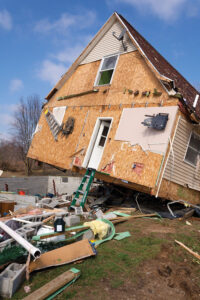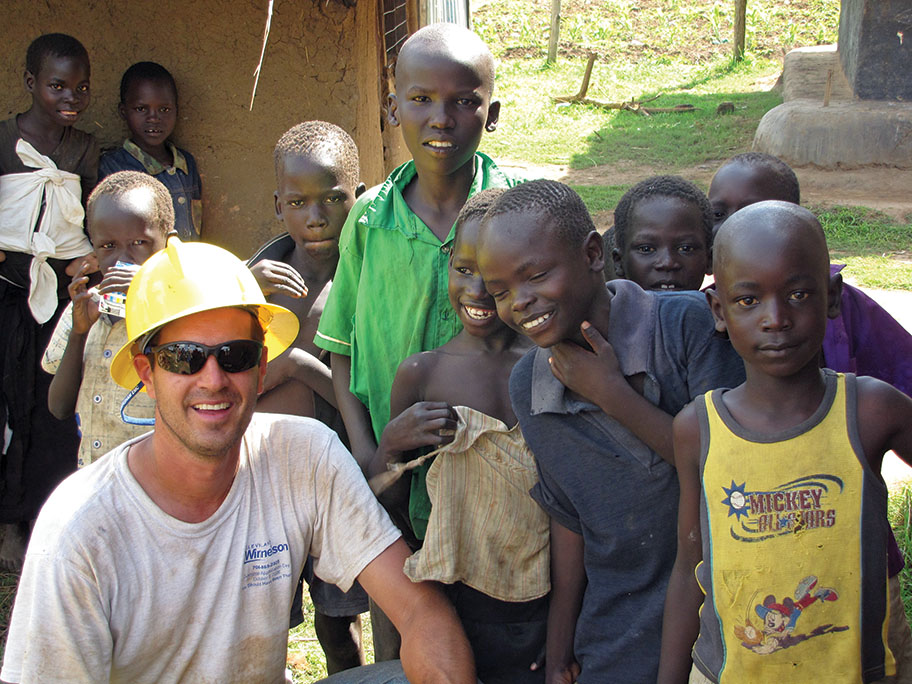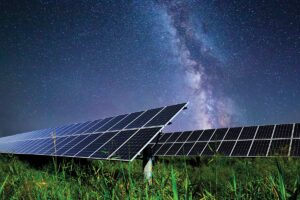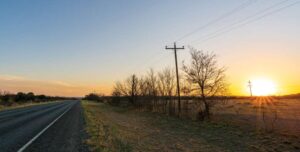 On Feb. 29, 2012, tornadoes swept across the Midwest and an EF4 tornado leveled much of Harrisburg, Ill., killing eight people and causing millions in damages. Kentucky and Indiana received federal assistance but Illinois was denied.
On Feb. 29, 2012, tornadoes swept across the Midwest and an EF4 tornado leveled much of Harrisburg, Ill., killing eight people and causing millions in damages. Kentucky and Indiana received federal assistance but Illinois was denied.
In the fall of 2013, a rare storm system ripped through Illinois uprooting trees, destroying homes, and devastating Gifford and Washington. Despite millions in damages, Illinois was again denied assistance by the Federal Emergency Management Agency (FEMA).
Just days after Christmas, flooding swept Central and Southern Illinois in 2015 taking the lives of 10 people and causing an estimated $15 million in damages throughout 21 counties. Federal assistance was once again denied.
These three disasters alone show our small towns have not been given fair consideration by FEMA. Just as other Americans, Illinois taxpayers contribute to the Disaster Relief Fund and should receive the same consideration when asking for help after a disaster. I’m fighting to make this happen.
For years, FEMA has relied heavily on an arbitrary, population-based formula to determine a state’s need for federal assistance. The magic number for Illinois is $18.1 million whereas Kentucky could be eligible for assistance after $6 million. We’ve seen our neighboring states, impacted by the same storms, qualify for federal assistance while Illinois communities are denied. This formula unfairly punishes small communities in highly populated states like Illinois.
During my first term in Congress, I introduced legislation to change this flawed formula. And this past February, the U.S. House of Representatives unanimously passed FEMA reform legislation that

included my provision to make this process fairer. My provision simply requires FEMA to give greater consideration of the localized impact of a disaster, and rely less on this arbitrary formula.
This change is long overdue. I hope our senators in Illinois will urge their leaders to bring this important legislation for a vote before another disaster strikes. It’s time to give our small and rural communities the fair consideration they deserve.









